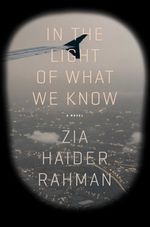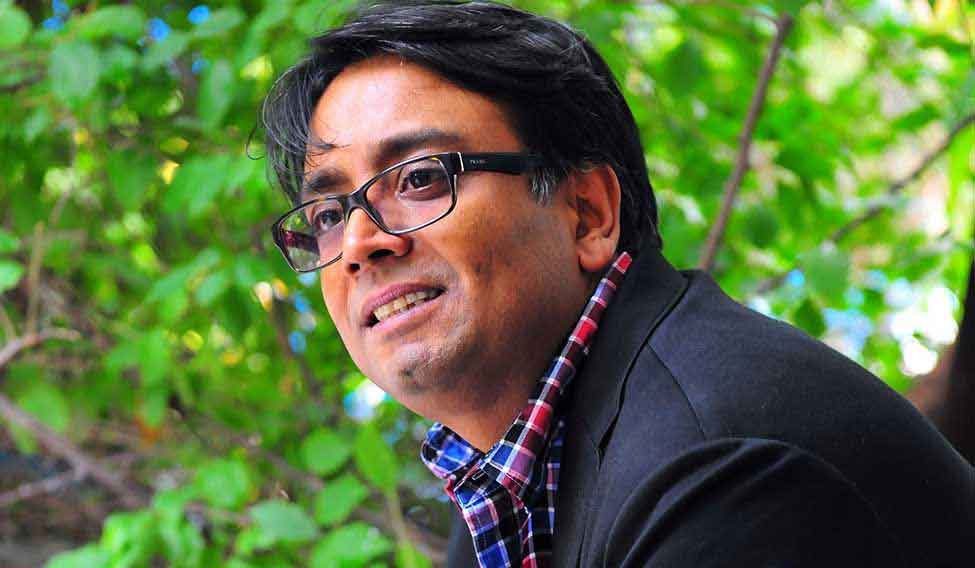Eight years ago, Zia Haider Rahman decided to go for a walk. He moved all his “worldly possessions into storage”, and set off for Bangladesh, the country of his birth. He made it till Syria and had to come back. “I travelled across Asia and Europe,” says Rahman, his accent unmistakably British. “I was interrupted by the death of two friends… in New York.”
Among the growing tribe of debut novelists who are bright and assured, Rahman has established himself in the echelon reserved for the literary writer. His mammoth book In the Light of What We Know has received rave reviews across the world. It has been bestowed a heavy-weight prize as proof of its merit: The James Tait Black Prize for fiction, the oldest literary prize in Britain.
His relationship with writing is not new. Over the years, he has filled bags of notebooks with his writings. Once, badgered by a friend who wanted to see his work, Rahman sent something “just to shut him up”. “He started jumping up and down,” he says. “Can I send it to someone? That is how it started. I started getting calls at 6 in the morning [from people] who wanted to be my agent.”
Rahman is an outsider. As the child of Bangladeshi immigrants in Britain, he grew up in the projects. English was foreign to him, as was the UK. He felt friendless and unwelcome. It was not a happy childhood.
But, despite all the disadvantages, he had a gift for mathematics. It was a language he knew, mastered and loved. “It never felt like work,” he says. “It felt like joy. I loved the first five or ten seconds after solving a problem; then the despair came. I would never have the joy of solving that problem.”
Like Zafar, the protagonist in In the Light of What We Know, Rahman went to Oxford. He became an investment banker, human rights lawyer and, then, a writer. His relationship with Britain, however, remains uneasy. “The true test of citizenship is whether you are entitled to be a critic as vociferous as you can be,” he says.
As a critic, Rahman has the determination to point out flaws with stubbornness. And he does so often, whether he is in Britain or Bangladesh, where he has pointed out the problems with the war crime tribunal. “The most common criticism I faced in Dhaka was that I was an outsider. It may be true, but it is irrelevant. It isn’t an argument. This is where mathematics comes in. It teaches you what really is relevant,” he says.
His relationship with books and writing is not new. “I have tons of books,” he says. “Writing has been a private thing and I don’t have any expectation of anyone seeing it, except very close friends.”
Rahman has now discovered that selling a book is completely different from writing one. And that, in the world of publishing, it is hard to be honest. “As a debut novelist, it is hard for me to grasp that there is writing and then there is publishing. And that people can be terribly naïve.”

In the Light of What We Know occupied his life for four and a half years. It has now gone out and got a life of its own. “When I finished the novel, I went through a period of depression. I worried it was clinical. I felt that my life didn’t have any meaning. Suddenly, it was empty. When I clicked ‘send’ after the last copy edit, I was like, ‘What was I going to do?’,” he says. “I woke up next morning. I had nothing to do with this book.”
In the Light of What We Know
By Zia Haider Rahman
Published by Farrar, Straus & Giroux
Pages 512; price Rs.499







